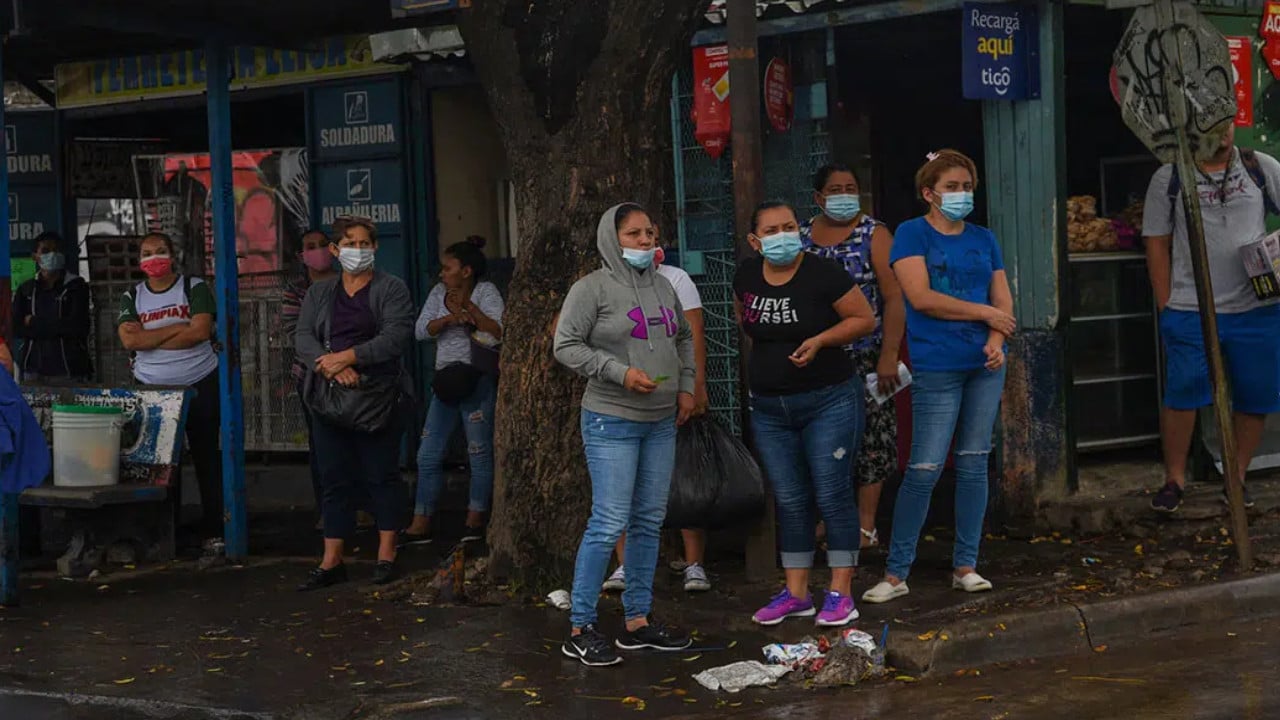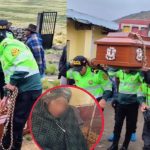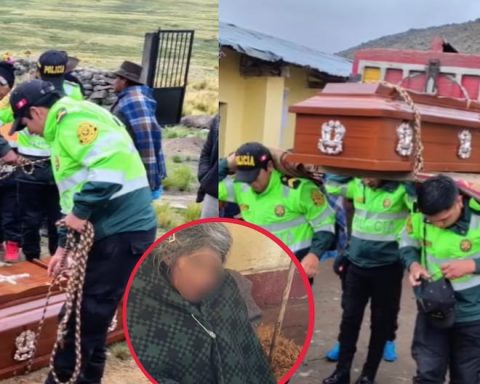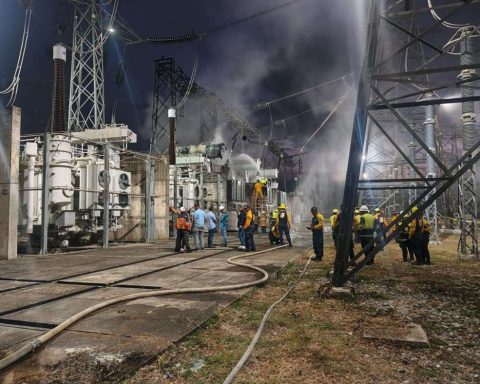The sociopolitical crisis of 2018 and the covid-19 pandemic increased the levels of gender-based violence in Nicaragua, which translates into an increase in completed and frustrated femicides, rapes, reports of threats and psychological violence, reveals the study “Break the body, break the soul”.
“The old practices of violence that already existed in Nicaraguan society have been reconfigured in the new context of crisis and pandemic, acquiring new forms, symbols, and powers in an attempt to naturalize them,” says the research carried out by the Center for Transdisciplinary Studies of Central America. (Cetcam).
The analysis of official statistics and the Voices observatory, of Catholics for the right to say, carried out by Cetcam, indicates that in the last four years, the country has suffered a trend of rising number of completed and frustrated femicides. The latter went from 50 in 2018 to 140 in 2021.
Likewise, the statistics of the National Police, the Judiciary and Legal Medicine reveal an increase in cases of sexual abuse, aggravated rape and those under 14 years of age, intimidation and psychological violence.
“In all the sources, an increase in violence can be observed as of 2020, which suggests that the confinement due to the covid-19 pandemic had a significant influence on this change,” they explain.
The investigation reveals that girls and adolescents are the main affected by sexual violence; while young women and adults are the most affected by domestic violence.
Virtual and pandemic violence
Virtual violence against women also increased. According to a communication specialist consulted for the study, the participation of women in discussion platforms and social networks, such as Twitter, increased. This caused the men, who were the ones who dominated the political conversation, to respond to them with violence.
“One of the most common behaviors is harassment or lynching to force women to close their accounts so as not to expose themselves to this form of violence. Another expression is the so-called mansplaining, which is a form of discursive violence”, she pointed out.
This type of violence increased with the pandemic and triggered, for example, the cyberactivists and young people who participated in the study “to take care of their content” and self-censor to protect themselves.
“The effect on women is strong from a psychological and emotional point of view, which is why they have chosen to modify their digital identity, the use and configuration of networks. From the point of view of the specialist, in this type of violence there are no ideological or political distinctions. It’s a gender issue,” she explains.
For its part, the arrival of the pandemic reinforced domestic violence. In this emergency situation, it was the women who bore the burden of doing housework and caring for the sick.
“Women were also the ones who took charge of going to and from hospitals if sick family members had to be hospitalized. They also took charge of the mourning for the deaths caused by the pandemic. That made them the main point of emotional and psychological support for the family”, they explain.
Likewise, the prolonged permanence of women, girls and adolescents in the home increased domestic violence, both physical, psychological and sexual, as observed in official statistics.

Violence in the Caribbean
Women from indigenous and Afro-descendant communities have experienced an increase in violence, however, there is little or no information to measure the impact of this, says the study. However, the arrival of the pandemic and hurricanes Eta and Iota, which wiped out entire communities and had the effect of abandonment and poverty, aggravated the situation of gender violence.
“The destruction of homes caused by hurricanes Eta and Iota ended women’s privacy and increased sexual violence due to overcrowding,” the study reveals.
This population, which is the most vulnerable due to the levels of poverty and natural disasters, also faces other types of violence caused by groups of settlers. According to a defender of indigenous peoples who participated in the study, from 2013 to date there have been more than 40 kidnappings involving women.
“One of the most recent massacres occurred in August 2021, when a group of settlers attacked an indigenous community and killed more than 12 people from the Mayangna and Miskita ethnic groups, including two women who were also raped,” they point out.
On the other hand, there are no institutions to protect them and when there are, they do not accept their complaints. This causes that what happened in these populations is not known and the indigenous women suffer it alone.
Violence against women is also carried out by the State. According to the Mesoamerican Registry of Attacks on Women Defenders, between January and November 2021, there were 2,625 attacks on women defenders in Nicaragua, an average of eight attacks per day.
“During this period, the attacks have also been directed towards feminist and women’s organizations, in such a way that from 2018 to date the legal status of at least 140 organizations linked to the defense of women’s rights has been cancelled,” they point out

















